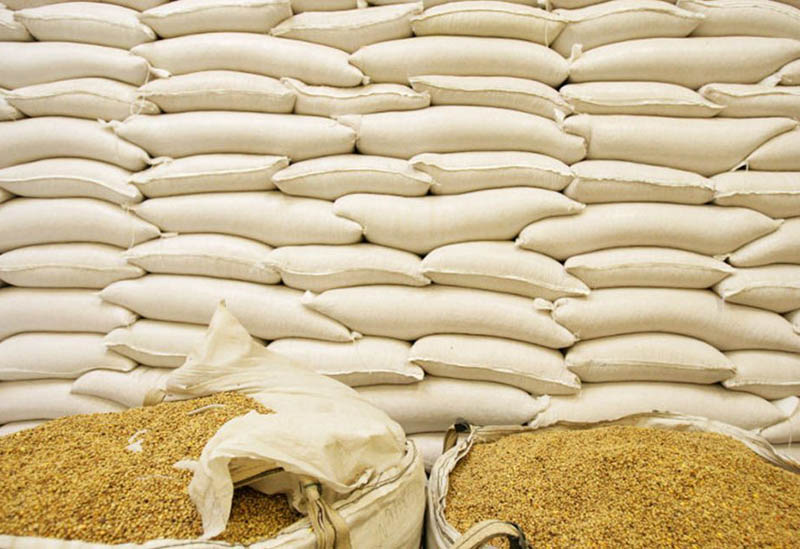Zimbabwe’s grain reserves have since been depleted and drought is likely to even worsen unless the government intensifies imports.
The country is faced with a devastating drought following consecutive poor harvests while the current cropping season is also likely to be one of the poorest in a decade.
Addressing stakeholders at a strategic planning workshop in Bulawayo Wednesday, Ministry of Lands Water and Agriculture Perrance Shiri, said the grain reserve has less 100 000 tonnes of grain against the1,8 million tonnes required in a year to feed the nation.
“As you are all aware the sector has the potential to contribute between 16-20 percent of the Gross Domestic Product (GDP): 40 percent to exports; and feed the country while providing the source of livelihood for 67 percent of the country’s populace that resides in rural areas,” said Shiri.
“However, as things stand at the current moment, we have less than 100 000 MT of grain in the Strategic Grain Reserve (SGR) and imports, especially of food are ballooning.
He said the Ministry was unable to reach target and fulfill their mandate with their potential yet to be exploited.
“It pains me to realize that this potential remains to be exploited and that as a Ministry we are falling short of delivering on our national mandate which has five key result areas as set out in the Ministry Integrated Performance Plan,” he explained.
“The five key result areas are food and nutrition security; foreign currency generation; employment creation; value addition and benefaction and, coordination of the agricultural sector.”
Shiri said the agriculture sector remained saddled by a myriad of challenges.
“The major challenges militating against the delivery of these impact goals are fully known,” he said.
“They include among others low production and productivity across sectors; high input costs (seeds, fertilizers, agrochemicals, vaccines), low mechanisation; low levels of irrigation (potential to irrigate up to 2 million hectares but currently 170 000hectares is under functional irrigation); diseases for both crops (Fall Armyworm) and livestock (foot and mouth, Newcastle); limited access to financial services by all category of farmers.”
He added: “In tackling these challenges, our role as a Ministry involves putting a provision of goods and services of public nature so as to create an enabling environment for the private sector to invest and drive the sector growth.”
Shiri said it was important that agriculture incorporated technology.
“As we gather to plan for the next five years, in these five days since Monday, we need to be evidence-based, technological aware, innovative and take cognisant of national, regional and international frameworks plus developments in the agricultural sector,”
Ministry of Lands Water and Agriculture Perrance Shiri
“We must strive and commit to creating conditions in which the agricultural industry can prosper. Of course, there are variables that we cannot change, such as the climatic conditions which are bequeathed to us by nature, the vagaries of its moods and the disasters that sometimes befall us. However, we need to put strategies in place for mitigation and adaptation. We can surely minimise the effects of this and optimise the positive elements that our country possesses in abundance.”

